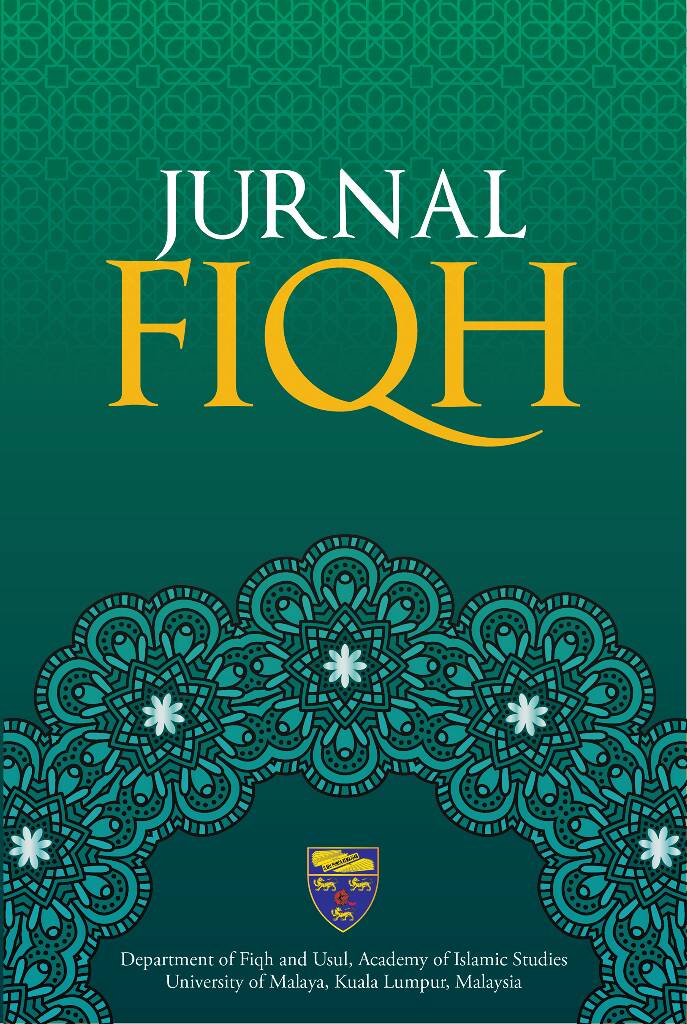Unsur Kearifan Tempatan dalam Seni Persembahan Melayu-Islam: Analisis dari Perspektif Hukum Islam
The Element of Local Wisdom in Islamic Malay Performing Art: An Analysis from Islamic Law Perspective
DOI:
https://doi.org/10.22452/fiqh.vol16no2.4Keywords:
culture; arts; politeness, harmony; Islamisation; ShariahAbstract
Performing arts in Malay-Muslim communities has undergone a complex process prior to its establishment. It is an interface containing elements of local community culture, religious teachings and interactions with the surroundings which is rich in flora and fauna. As such, works of arts in the Malay world reflect values of modesty, refinement, harmony and subtlety as well as reflecting the character of the local community. After the arrival of Islam in the Malay Archipelago, the establishment of communal art has undergone a purification process as a result of infusing values of the revelations by the early mubaligh. Performing mediums such as wayang kulit and gamelan are utilized by them during the Islamisation of the locals. Thus, the presence of early mubaligh has influenced arts in the Malay world till a new art is established which is proof of the superiority of the local wisdom of Malay-Muslim communities. Performing arts such as mak yong and kuda kepang not only function as an entertainment medium but also as a medium of education, medication and worship. Accordingly, this study focuses on the analysis of performing arts as a local Malay wisdom from the perspective of Islamic law. To achieve this objective, a qualitative study that utilises the full library approach is adopted. Data collected is analysed inductively to convey elements of local wisdom and the Islamic law perspective on performing arts in the Malay community. Findings of the study show that Malay performing arts are distinctive due to the fusion of local cultures, values from the revelations and inspirations from nature. This fusion led to the creation of an art that is refined, gentle and warm, as a manifestation of the superior local wisdom of the community. Performing arts which are not in conflict with Shariah may be accepted as ‘urf sahih, while performing arts containing elements of worship and superstition fall under the category of fasid meaning local wisdom that is rejected as it is opposed to Shariah.








